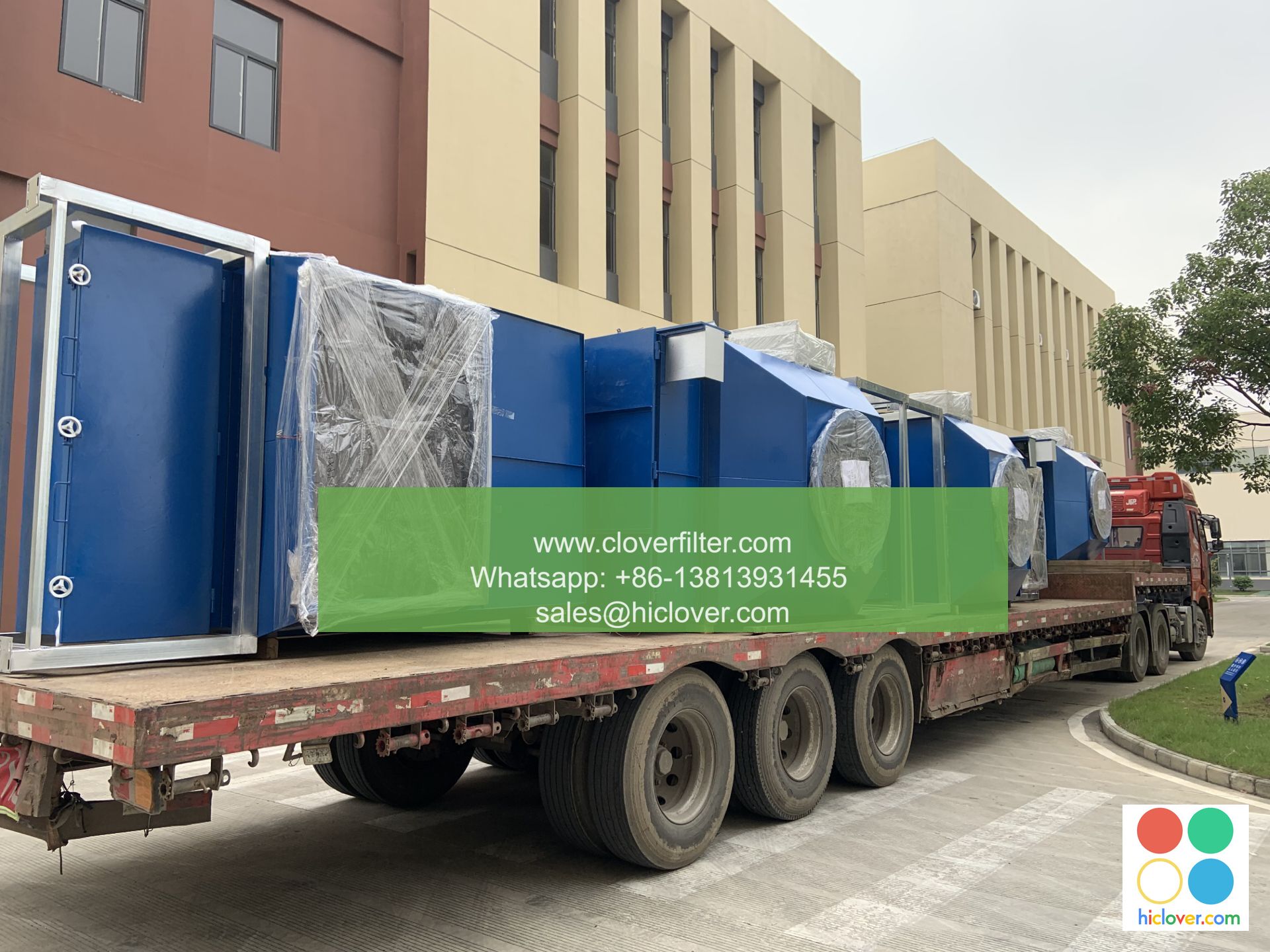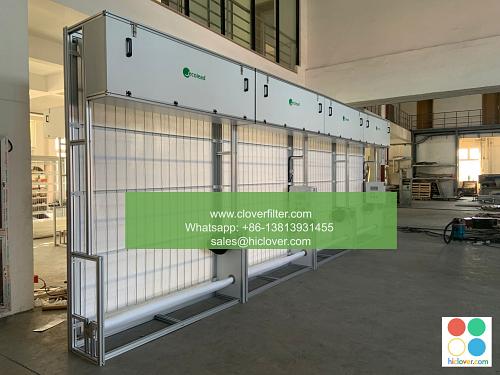Air Filter Energy Efficiency: Myths and Misconceptions

Air Filter Energy Efficiency: Busting the Myths and Misconceptions
When it comes to air filters, energy efficiency is a crucial aspect to consider. However, there are many myths and misconceptions surrounding the topic, which can lead to unnecessary costs and decreased performance. In this article, we will explore the truth behind some common myths and misconceptions, highlighting the key areas where air filter energy efficiency matters most.
Myth 1: Air Filters Are a Major Source of Energy Loss
Reality: Many people believe that air filters are a significant source of energy loss, and that installing them can lead to increased energy bills. Reality check: High-quality air filters can actually help reduce energy consumption by increasing the efficiency of HVAC systems.
Myth 2: Thick, High-Capacity Air Filters Are the Most Effective
Reality: While it’s true that thicker filters can capture more contaminants, they can also restrict airflow and create additional resistance, leading to increased energy consumption. Best practice: Opt for filters with the right balance of MERV (Minimum Efficiency Reporting Value) and airflow.
Myth 3: Digital Air Filters Are More Energy Efficient Than Traditional Filters
Reality: Digital air filters, often marketed as high-tech solutions, may not be as effective in reality. In fact, many digital filters still rely on traditional fan-powered design and can suffer from energy losses. Best practice: Choose advanced, high-efficiency filters that don’t rely on fan-powered technology.
Myth 4: Air Filters Are Only Important in Commercial Buildings
Reality: Air filters are essential in both commercial and residential settings, as they impact indoor air quality, energy efficiency, and building maintenance. Best practice: Implement energy-efficient air filtration solutions in all types of buildings, from residential homes to commercial spaces.
Key Application Areas:
- Commercial Buildings: Where air quality and energy efficiency are critical, high-performance filters can help reduce energy consumption and extend equipment lifespan.
- Residential Homes: Installing the right air filter can improve indoor air quality, reduce energy bills, and decrease maintenance costs.
- Industrial Settings: With strict emissions regulations, industrial facilities require high-efficiency filters to minimize waste, reduce energy consumption, and meet environmental requirements.
Air filter energy efficiency is a critical aspect to consider, as it can significantly impact the performance and longevity of HVAC systems, indoor air quality, and energy consumption. By understanding the myths and misconceptions surrounding air filters, facility managers and homeowners can make informed decisions about the right air filtration solutions for their specific needs. By choosing high-efficiency, well-designed filters and implementing best practices, we can reduce energy consumption, improve indoor air quality, and create more sustainable, efficient environments.
Key Takeaways:
- Air filters can actually help reduce energy consumption, not increase it.
- The right balance of MERV and airflow is essential for optimal performance.
- Digital filters are not always the most energy-efficient solution.
- Air filters are crucial in both commercial and residential settings.
- High-efficiency filters are essential for industrial applications.
By busting these myths and misconceptions, we can create a more energy-efficient, sustainable future for all.
It seems like you’re trying to start a conversation! What’s on your mind? Would you like to talk about something specific, or just explore some ideas? I’m here to help with any questions or topics you’d like to discuss.

